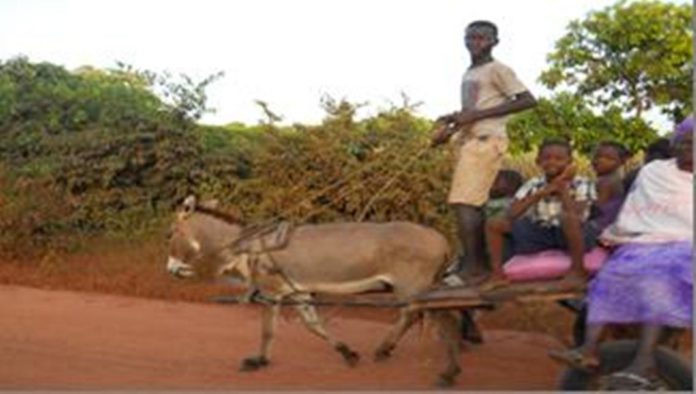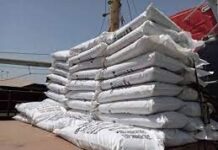This Column is meant to monitor and report on issues that concerns people of rural communities, in terms of how their development is hindered or facilitated. Rural development is a process that aims to improve the standard of living of people, living in rural communities.
According to Robert Chambers, rural development is a strategy that enables a specific group of people, poor rural women and men, gain for themselves and their children, more of what they want and need. It involves helping the poorest among those who seek a livelihood in rural communities, to demand and control more of the benefits of rural development. The group includes small scale farmers, tenants and the landless.
Thus, the term rural development may be used to imply any one of the above-mentioned connotations.
To avoid the ineffective floundering among the myriad of definitions, we shall define rural development as a process leading to sustainable improvement in the quality of life of rural people, especially the poor.
According to Lamin Sambou Kinteh, for rural development to be meaningful and realizable, the trinity of development must be present such as electricity, water and rural infrastructural development like roads, industries, Schools, health facilities etc.
Women on the northern bank of rural Gambia, have decried the high cost of transportation to reach health facilities by women in labour and call on the authorities to come to their aid.
According to the women who spoke to this reporter, they encounter financial and physical difficulties to reach the nearest health facility in Farafeni, which is eleven kilometres away from their village of Balingho, in Illiassa District and twenty three kilometres from Maka Balla Manneh to Essau Lower Nuimi.
The women asserted that due to the poor condition of the road, vehicles do not frequently ply the area especially during the rains, and as such, one needs to hire the services of a donkey cart if one is suffering from illness that is not associated to pregnancy.
In case of pregnancy, they said the service of the donkey cart is risky; that in such a case, one has to hire the service of a vehicle, which is expensive.
A middle age woman from Balingho informed this Columnist, that when she was in labour, she was asked to pay D600, to be taken to Farafeni General Hospital by a driver, in the month of September, at a time when her husband was thinking of feeding the family in the lean period.
This she said, led her husband to take loan to pay the vehicle, which she said increased the poverty of her husband since he had to pay back, by selling his produce.
Fatou Sumareh also informed this Columnist that her brother’s wife who was also in labour, had to be transported to Essau at a cost; that this was very costly and tedious since they had to hire a horse cart to Ngundu Kebbeh and a vehicle to Essau.
The women called on the Ministry of Health to assist them with means of reaching health facilities at a minimal cost, taking into consideration the level of poverty in rural communities, particularly during the lean period.





















